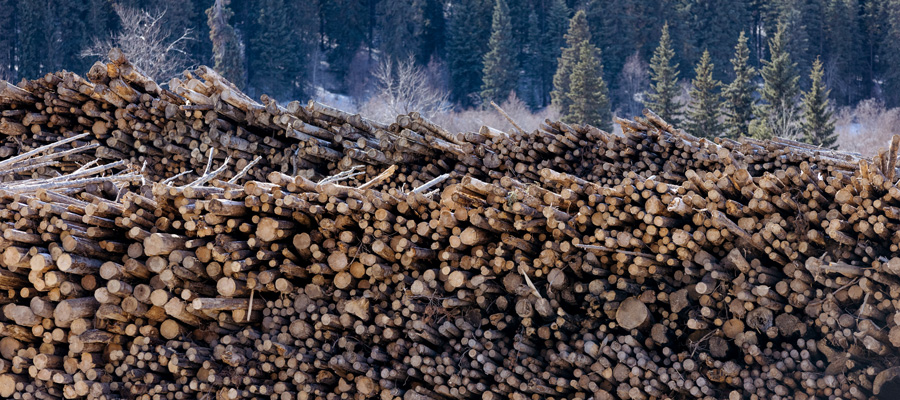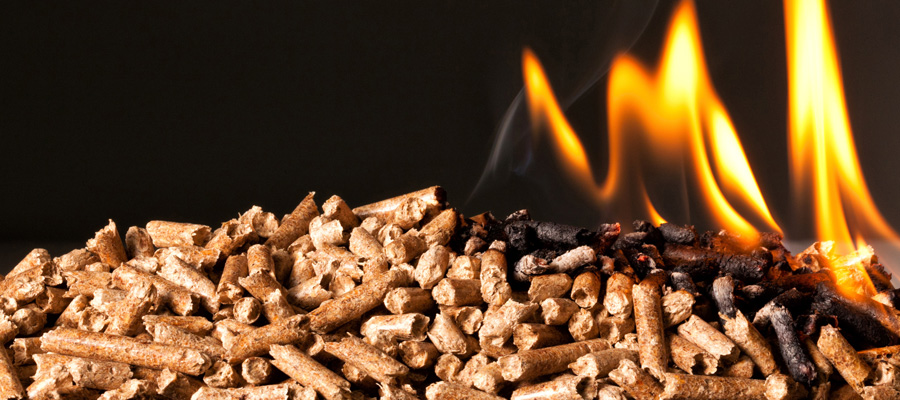Jobs and forests up in smoke: Coalition calls for investigation into wood pellet juggernaut Drax

At 944,000 square kilometres in area, British Columbia is nearly four times larger than the United Kingdom.
But what the latter lacks in size it compensates for in reach, a reach that extends deep into the old-growth forests of Canada’s westernmost province.
To appreciate that reach it helps to consider the tremendous loss of forests in the UK, losses that date back to Shakespeare’s day when trees had become so scarce that coal became the go-to domestic fuel source.
Today, only 13 per cent of what was once forested in the UK is treed. And that’s a big problem for the Drax Group, which owns and operates the world’s largest wood-fired thermal electricity plant in North Yorkshire that burns 10 million tonnes of wood pellets annually. With trees in such short supply in the UK, Drax must get what it needs elsewhere, including in British Columbia.
The event marked the single largest shipment of wood pellets from Canada.
Last year, a massive ocean freighter bound for the UK set sail from Prince Rupert on BC’s north coast, its hold filled with 63,601 tonnes of wood pellets. The event marked the single largest shipment of wood pellets from Canada and was recorded by Pinnacle Renewable Energy, which had weeks earlier been purchased by Drax.
The purchase of Pinnacle gave Drax full or partial control of half of BC’s 14 pellet mills, which accounted for 62 per cent of all the wood pellets produced in the province. Late last year, Drax further increased its control by purchasing the sales contracts of Pacific Bioenergy, a pellet mill in Prince George. Immediately after the purchase, Pacific Bioenergy’s owners announced they were closing shop. Fifty-five people lost their jobs and Drax’s share of BC’s pellet output increased to 66 per cent.
We fear that Drax’s monopoly position is stifling competition in BC and could result in further job losses, which is why we have asked the federal Competition Bureau to investigate.
But that’s not our biggest worry. Drax claims consistently that pellet mills use“residual” wood, mostly wood chips generated at sawmills when round logs are turned into rectangular lumber products. But research from the Canadian Centre for Policy Alternatives, including photographs and video footage obtained ini 2021, tells a different story.
Tens—if not hundreds of thousands—of cubic metres of logs from primary forests, which have never before been subject to industrial logging, are piling up at Drax operations in Smithers, Houston, Burns Lake and outside Quesnel.
Could such logs be used in other ways? Yes they could. An example is a sawmill north of Smithers where logs that otherwise would be ground into pellets are turned into large rough-cut lumber pieces that are then shipped to Port Alberni to make higher-value boards, providing jobs for Indigenous and non-Indigenous workers in both communities. We need to make such stories the norm, not the exception to the rule.
We have asked the federal Competition Bureau to investigate.
Yet, in response to our call for the Competition Bureau of Canada to review Drax’s monopoly position, BC’s Forests Minister Katrine Conroy reiterated that pellet mills use only wood that would otherwise be burned in slash piles at logging sites. BC’s chief forester and one of Conroy’s senior-most staff members, Diane Nicholls, has also claimed much the same, parroting Drax’s line that pellet mills use sawmill waste or junk wood to power their operations.
British Columbians deserve better. We desperately need government leadership on the forest file. Leadership begins with a thorough, publicly transparent accounting of how much forest is directly sacrificed to make wood pellets, and what might be done with those trees instead.
In our view, the alternative is clear. Stop cutting down trees just to burn them. Conserve more of what remains of our primary forests and ensure that what is logged in BC is always processed into long-lasting solid wood products first. It’s time to stop letting our forests and forest industry jobs go up in smoke.
Topics: Climate change & energy policy, Environment, resources & sustainability


